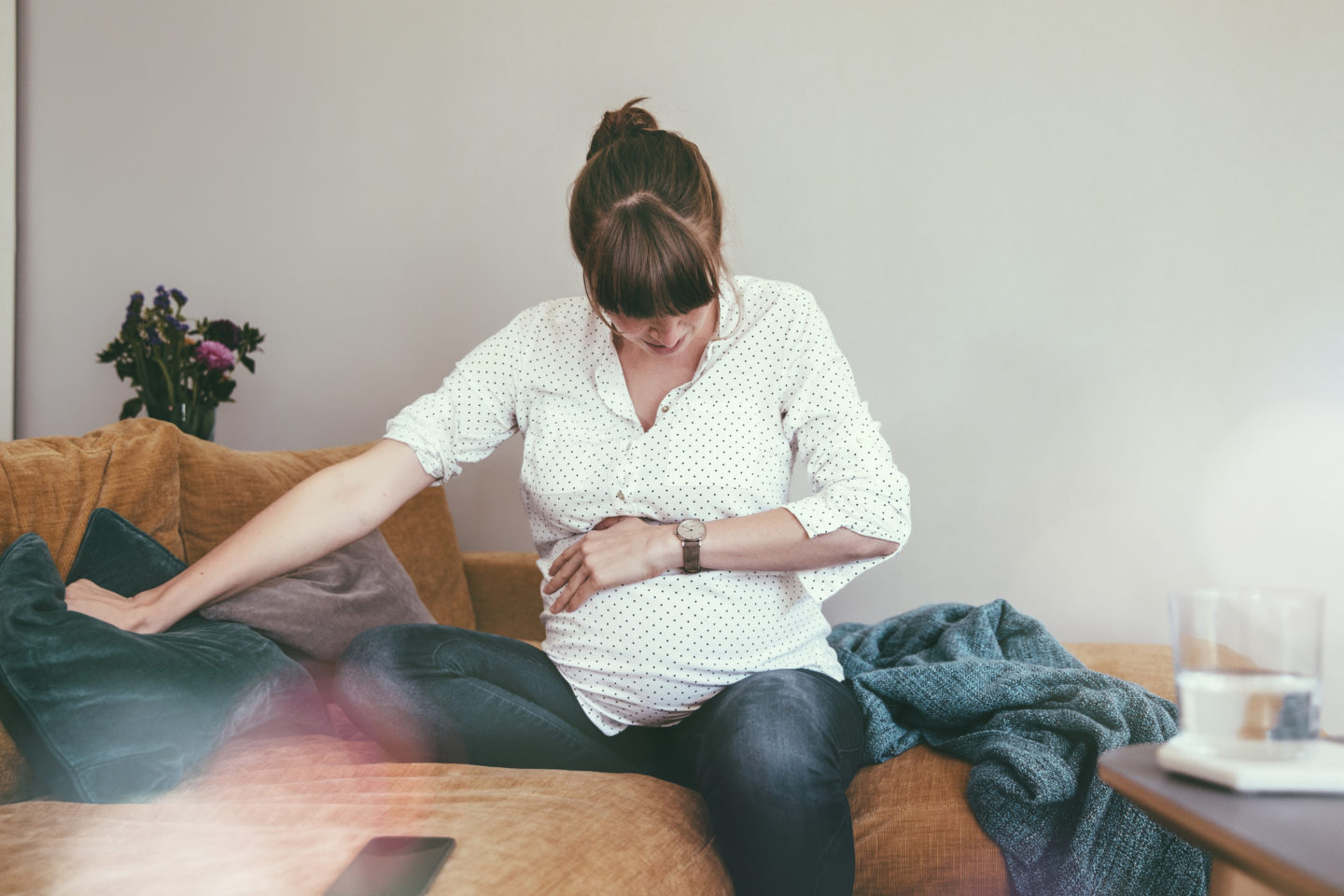For those who suffer from vaginismus, it’s difficult to imagine giving birth when you have trouble just having sex.
Pelvic floor disorders make reproductive functions, such as inserting a tampon or experiencing sexual pleasure, incredibly difficult. Particularly, vaginismus causes pain and cramping in the vagina whenever something is inserted into it.
What about if something, or someone, is coming out?
As someone with the medical condition, the thought of bearing my own children completely terrifies me. The process of actually getting pregnant would be traumatic, but I’d also dread delivery day. After all, how could I handle a human being coming out of me if I can’t even use a menstrual cup?
I know that I’m not alone, either. Vaginismus.com reports 2 in every 1,000 women have the pelvic floor disorder. (And of course, that number excludes those who don’t identify as cisgender women, including but not limited those who are transmasculine or gender nonconforming.)
Pelvic floor therapist, Sara K. Sauder, argues that vaginismus shouldn’t cause vaginal delivery complications during childbirth, in an interview with Helloflo.
“Vaginismus is an involuntary spasm of the muscles at the vagina and rectum that make vaginal penetration difficult and uncomfortable,” she explains. “This in itself makes conception difficult because [those with vaginas] are less likely to tolerate or want to have sex, but these muscle spasms alone will not affect the health of a pregnancy should someone have sex and get pregnant.”
Sauder mentions that some people experience reduced symptoms of vaginismus after their pregnancy and/or childbirth while others don’t experience a change at all.
“Prior to being pregnant, I honestly didn’t think about it too much,” says lifestyle blogger Jesse Coulter, a mother who has suffered from symptoms of vaginismus since she was 21 years old, in an interview with Helloflo. “The act of getting pregnant was more of a worry in my eyes because sex was the most painful part. I knew I wanted children and I didn’t worry about the pain I might feel vaginally while carrying them.”
Fortunately, she didn’t experience any complications during the delivery of her child.
“Honestly, my vaginismus symptoms lessened during and after pregnancy,” she adds. “My muscles were much looser, and after childbirth my muscles stretched which has made sex less painful.”
While there isn’t a cure for vaginismus, there are treatment options readily available. For instance, Sauder recommends consulting a pelvic floor therapist to help make PIV sexual intercourse easier.




comments